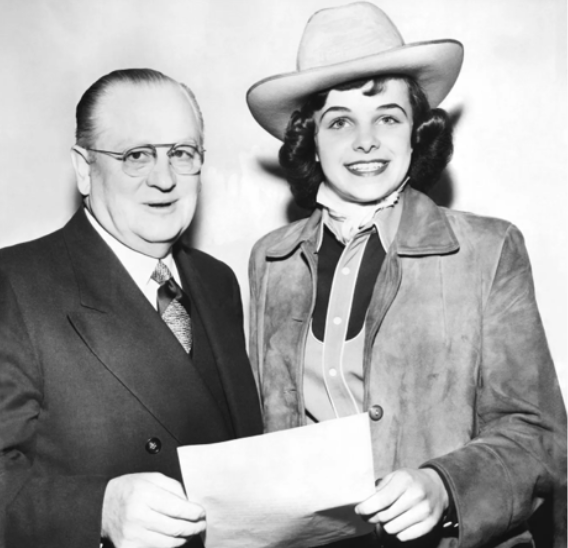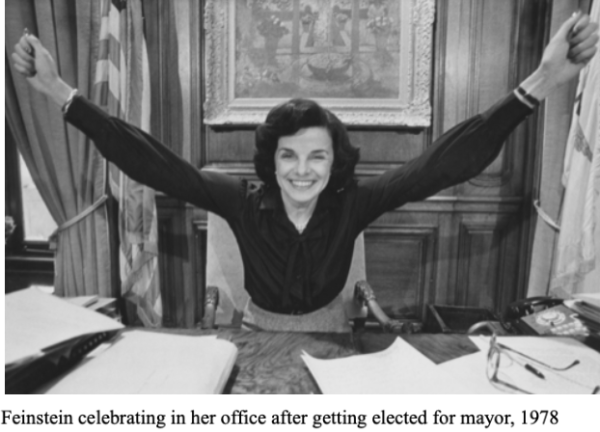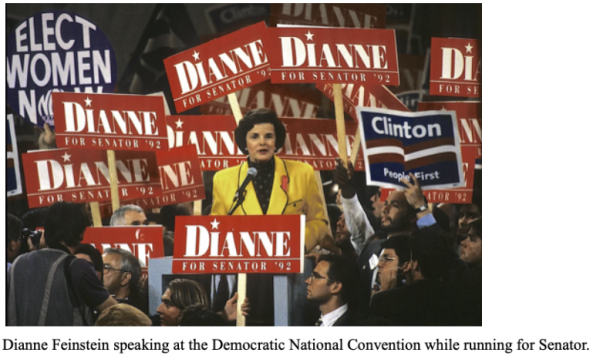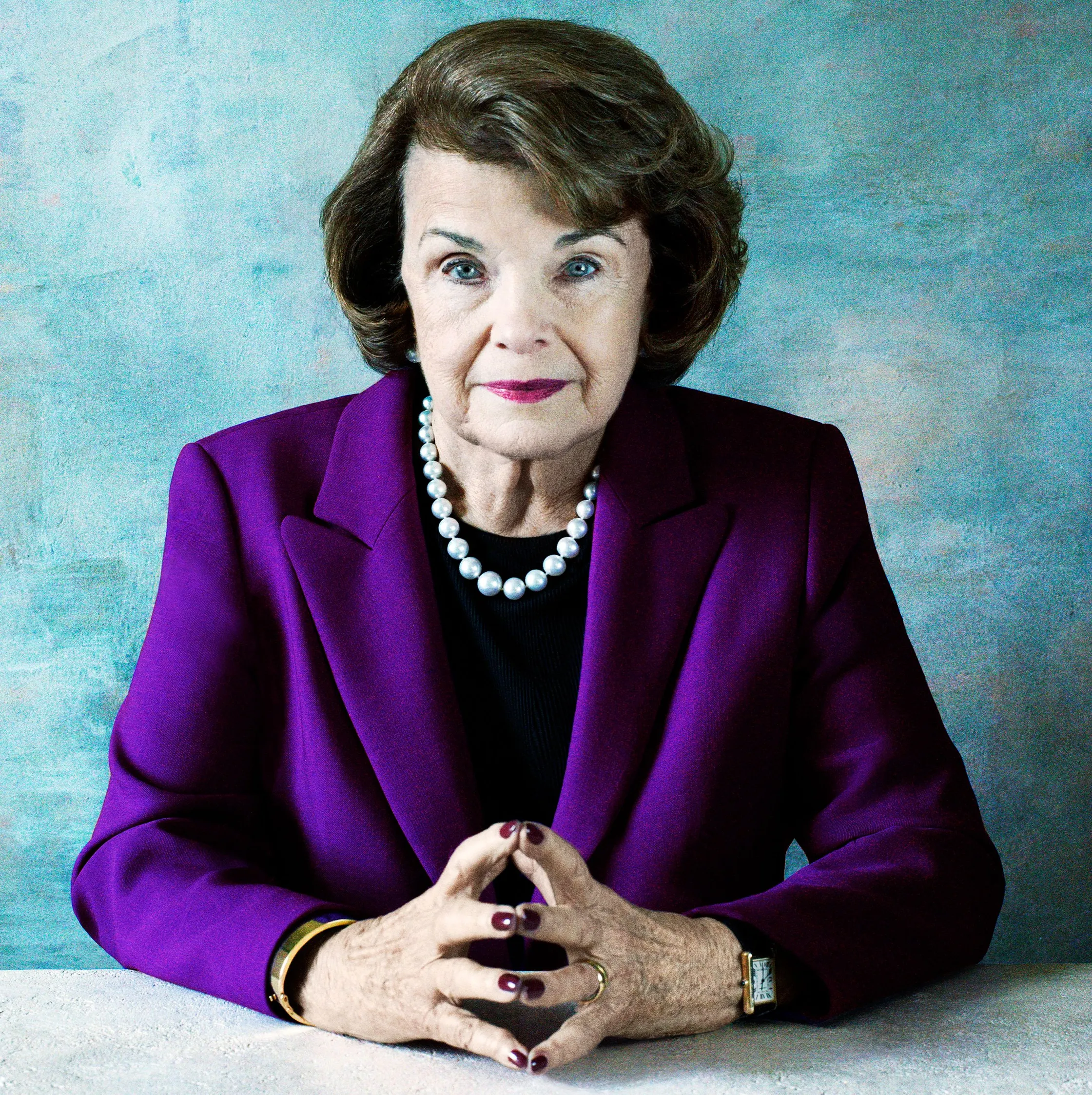Despite the legacy she left behind, the late California Senator Dianne Feinstein’s life had not always been so ideal. Feinstein’s alcoholic mother, Betty Goldman, subjected Feinstein to years of severe abuse, often chasing her children with a carving knife (the same weapon she eventually used to attempt suicide). Feinstein worked hard to escape the clutches of her childhood and graduated from Stanford University in the class of 1955. Although Feinstein never truly forgot her trauma, this never tied her down as she went on to make great changes in the lives of many children.

After graduating from Stanford, Feinstein (pictured above in 1950 as a high schooler with then San Francisco Mayor Elmer Robinson) knew she wanted to make a real difference in the world. Facing countless wrongdoings at the hands of her own mother, Feinstein’s eye for justice was highly developed at a young age. She never wanted any child to have to endure what she went through or any type of suffering at all. Politics was the natural next step. She was elected to the San Francisco Board of Supervisors in 1969 and served as the board’s first female president in 1978. Her stint as president marked the start of a lifetime of efforts for women’s rights.
After the assassination of San Francisco Mayor George Moscone and Supervisor Harvey Milk on November 27, 1978, Feinstein was next to inherit the title of acting mayor of San Francisco, being the first woman to ever do so.

As mayor, Feinstein used her platform to advocate for legal gay and lesbian marriages, to lobby for an increase in citywide safety after the mass suicide by the SF based People’s Temple cult, and to guide citizens through the HIV and AIDs crises. In 1987, Feinstein was named “Most Effective Mayor”.
Following a strong run as Mayor, Feinstein then decided to throw her hat in the governor ring. She ran for Governor in 1990, but lost to U.S. Senator Pete Wilson. This loss opened up another door for Feinstein as Pete Wilson had to leave his post as Senator to become Governor. In a special election of 1992, Feinstein was elected to the U.S Senate, becoming California’s first female senator. Throughout her term, she was re-elected five times. Twenty years after Feinstein was first elected, she received 7.86 million popular votes in the 2012 election, the most ever received by a U.S Senate candidate in American history.
During her time as senator, Feinstein heavily advocated for gun safety. She played an essential role in the making of a decade-long assault weapon ban in 1994 and has advocated for its renewal since its expiration over 20 years ago.

All told, Dianne Feinstein was the source of many positive changes in America. Feinstein helped to create the Federal Assault Weapons ban. She promoted a better allocation of resources to public K-12 education in addition to making private and higher education more affordable. Most importantly, Feinstein, considering the many “firsts” she accomplished throughout her years, has left behind a legacy which has paved the way for the removal of gender-based discrimination in politics. Dianne Feinstein will truly be remembered for making an indelible imprint on American politics, history, and society; a legacy that will be remembered for years to come.

